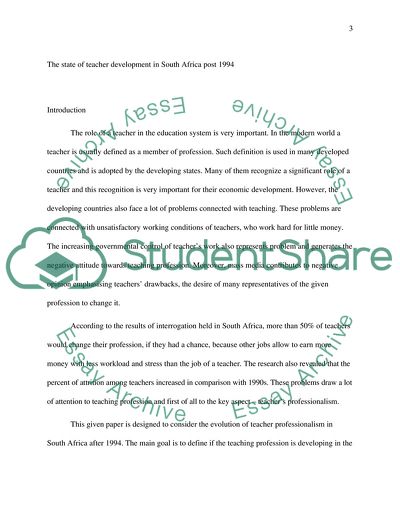Cite this document
(The State of Teacher Development in South Africa Post 1994 Research Proposal, n.d.)
The State of Teacher Development in South Africa Post 1994 Research Proposal. https://studentshare.org/education/1729219-the-state-of-teacher-development-in-south-africa-post-1994
The State of Teacher Development in South Africa Post 1994 Research Proposal. https://studentshare.org/education/1729219-the-state-of-teacher-development-in-south-africa-post-1994
(The State of Teacher Development in South Africa Post 1994 Research Proposal)
The State of Teacher Development in South Africa Post 1994 Research Proposal. https://studentshare.org/education/1729219-the-state-of-teacher-development-in-south-africa-post-1994.
The State of Teacher Development in South Africa Post 1994 Research Proposal. https://studentshare.org/education/1729219-the-state-of-teacher-development-in-south-africa-post-1994.
“The State of Teacher Development in South Africa Post 1994 Research Proposal”. https://studentshare.org/education/1729219-the-state-of-teacher-development-in-south-africa-post-1994.


